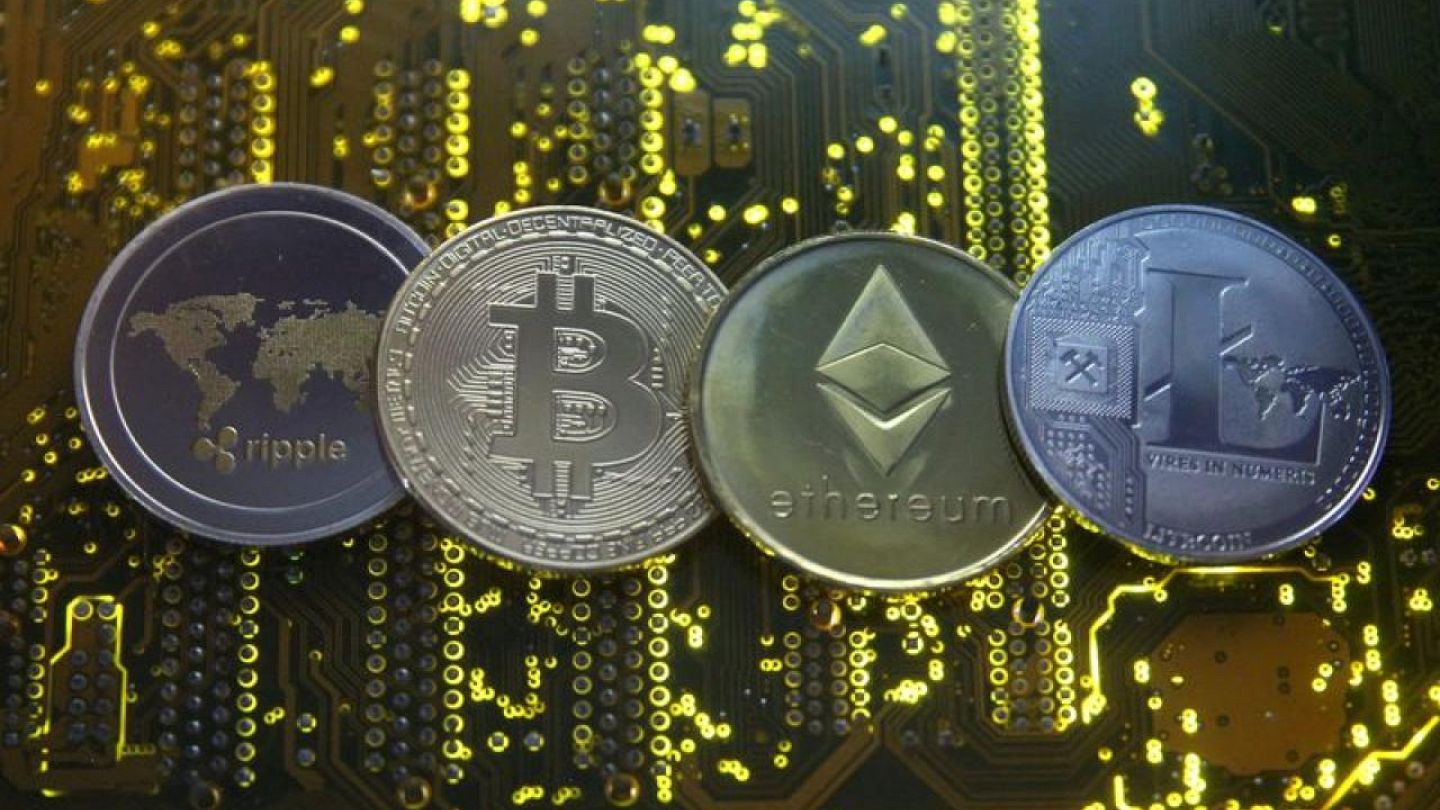Crypto providers will be forced to provide information on all digital asset transactions. This has been reached by the European Parliament and Council in a tentative agreement, despite backlash from the industry.
The so-called Transfer of Funds Regulation (TFR) aims to strengthen anti-money laundering requirements to ensure crypto transfers can be tracked and suspicious transactions blocked.
With this decision, exchanges must receive information and personal data on all crypto transfers, regardless of size, and make this information available to authorities upon request. This is also necessary for so-called unhosted wallets when they interact with exchanges for transactions over 1,000 euros. Unhosted wallets are services that are not managed by a licensed exchange or service provider.
More than 40 crypto firms had sent a letter to EU finance ministers in April protesting the rule. They said it violates users' privacy and security. The companies included exchanges such as Coinbase Global Inc and others.
On June 30th, the European Parliament, Council and Commission will hold a final round of talks on the Markets in Crypto Assets or (MiCA Regulation) to finalize the final points.
Ernest Urtasun, MEP and rapporteur for TFR, said that both processes are intertwined as the EU aims to implement its decisions on cryptocurrencies in one fell swoop, meaning that certain definitions used in the TFR will only be applicable after MiCA are.
In an interview he said:
“We will end crypto transaction anonymity, which has been a huge loophole in the fight against money laundering and crime.”
Discussions on MiCA and TFR have been ongoing for several years, with crypto companies in other jurisdictions such as the UK pushing for a more phased approach to rulemaking.
The decision means that the text of the TFR is now closed at the political level. The draft law will now move on to discussions on the technical aspects of the text before being passed by several EU committees and the EU Parliament.
My Top PicksHoneygain - Passive earner that pays in BTC or PayPalMandalaExchange -The Best no KYC crypto Exchange!
BetFury - Play And Earn BFG for daily Bitcoin and ETH dividends!
Pipeflare - Faucet that pays in ZCash and Matic, Games pay in DAIWomplay - Mobile dApp gaming platform that rewards in EOS and BitcoinCointiply - The #1 Crypto Earning SiteLiteCoinPay -The #1 FaucetPay earner for LitecoinLBRY/Odysee - YouTube Alternative that lets you earn Money by viewing videos!FaucetPay - The #1 Microwallet PlatformFREEBTC - The #1 FaucetPay earner for Satoshi'sFaucetCrypto - An earning/faucet site that pays out instantlyFireFaucet - An earning site that pays better for some than Cointiply
DogeFaucet - Dogecoin Faucet
xFaucet - BTC, ETH, LTC, Doge, Dash, Tron, DGB, BCH, BNB, ZEC, FEY - Claim every 5 minutes
Konstantinova - BTC, ETH, LTC, Doge, Dash, Tron, DGB, BNB, ZEC, USDT, FEY, 25 Claims Daily


Comments
Post a Comment